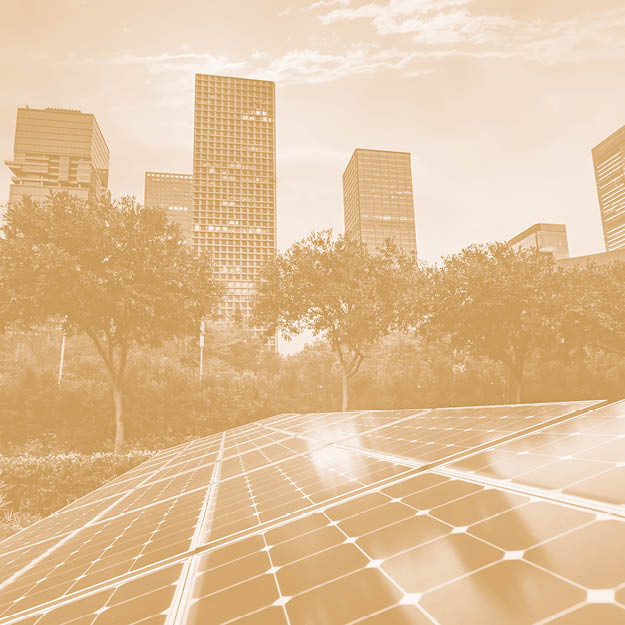[FR] France’s energy future
What policy for the new five-year term?

Long considered abundant and affordable, fossil fuels are no longer so. The war in Ukraine and geopolitical tensions are fuelling high and extremely volatile prices. Accelerating the transition away from fossil fuels therefore appears to be the only way out of the energy price crisis and a dependence that has become unsustainable. France, where more than 60% of energy consumption still comes from fossil fuels, must come to terms with this new reality.
Such a transition cannot be improvised. It must be planned and coordinated. Driven at European level by the Green Deal, achieving carbon neutrality by 2050 will require a radical transformation of our economy (in terms of how we produce, consume, travel, etc.), which will need to be addressed in a multi-year climate investment programme law.
This transition is systemic and must be everyone’s business. This applies to the executive branch, since such an objective concerns not only the ministries on the front line but the entire government. It also applies to citizens, since the future direction of energy policy is a political choice. This choice must be the subject of an impartial, transparent and inclusive debate, enabling the French people to participate effectively in defining the energy mix of tomorrow.
The decarbonisation of the energy mix will require increased use of electricity. With more than 90% decarbonised, electricity is an asset that must be leveraged to achieve the energy transition in less than 30 years. In the short term, this means extending the life of existing nuclear power plants as much as possible while massively developing all renewable energies. At the same time, such a choice would allow for a public debate on the future of energy policy, questioning the place of different energy sources in the future mix, but also the importance that could be played by a lever such as energy efficiency, a topic that is increasingly discussed in public debate.
Finally, in order to attempt to contain the energy price crisis in a spirit of social justice while reconciling the imperatives of energy sovereignty and the fight against climate change, the use of energy efficiency measures is essential. Beyond being a no-regrets option, such an approach would also be appropriate in a context where there is a risk of energy shortages during the winter of 2022-2023. In order to respond to such an emergency, a national mobilisation campaign with a weekly progress report presenting the state of play should be set up, as well as a flash mission tasked with preparing for winter as early as this summer.
Building an energy policy based on a method known as ‘AAA’, emphasising the effective application of existing measures, accelerating structural measures (extensive renovation of buildings, deployment of renewables) and anticipating European regulatory developments (Green Deal) will enable France to plan its transition away from fossil fuels and thus collectively rethink its relationship with energy.




